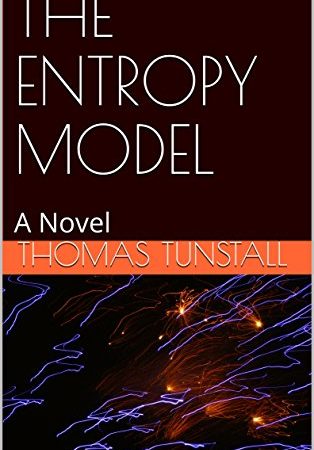Item Link: Access the Resource
Date of Publication: May 17, 2018
Year of Publication: 2018
Publisher: Independently Published
Author(s): Thomas Tunstall
Political economist, Thomas Tunstall, explores the disconnect between economics and ecosystems through his novel, The Entropy Model.
Briana Ruiz and Jack McCullough meet in grad school at the University of Texas at Austin. They find themselves conflicted about the current state of economic theory, as well as with each other. There is a disconnect between economics and ecosystems that continues to be unresolved by theory and by public policy discussions at the highest levels.
Nearing graduation, Briana must decide whether to accept an offer from Parkus Corporation, a company that seems leading edge, but may be engaging in questionable environmental practices. As Briana starts to understand the truth about Parkus Corporation – aided in large measure by Jack – she realizes the 21st-century economy may have different rules than the ones baby boomers followed. She begins work on a mathematical model – an entropy model which incorporates variables economists have failed to consider – in order to make more accurate predictions. …
Briana’s work brings her and Jack directly into conflict with the Federal Reserve, the White House and the economics’ establishment. Once again, environmental anomalies begin to reoccur throughout the world. This time, as they increase in frequency, the stakes get higher. The clash between economics and ecosystems, between economic theory and public policy are taking place in real time, and the stage is set for the next great transition of the human species – whether for good or ill.
Time is running out, and Washington doesn’t want to hear about it, despite the fact that the bubbles keep getting bigger, and the crashes keep getting worse. As financial systems and ecosystems approach a simultaneous peak, will anyone listen before it’s too late to stop the collapse?
The Entropy Model is independently published, and is available in ebook version or published on demand.
The views and opinions expressed through the MAHB Website are those of the contributing authors and do not necessarily reflect an official position of the MAHB. The MAHB aims to share a range of perspectives and welcomes the discussions that they prompt.
